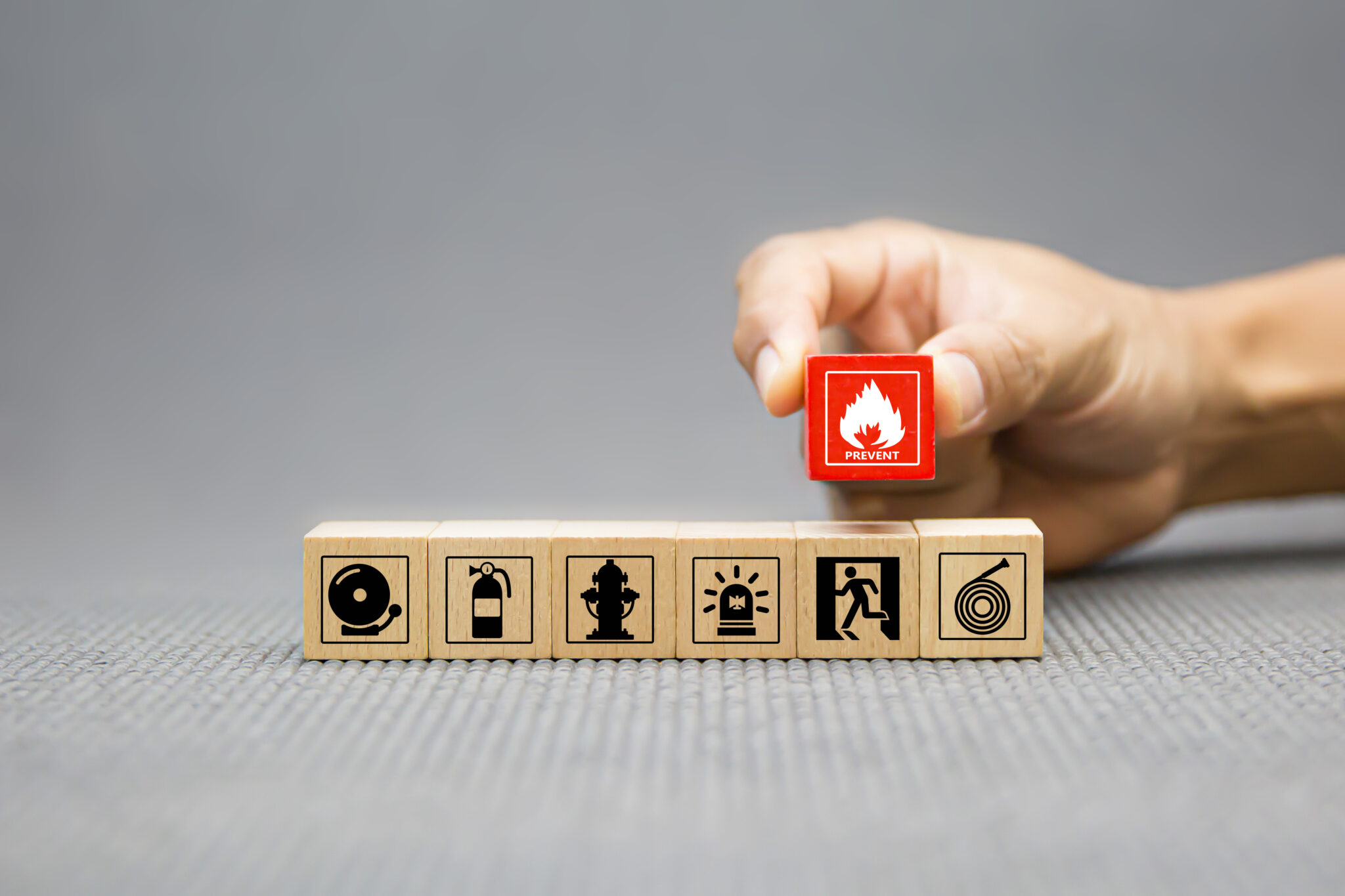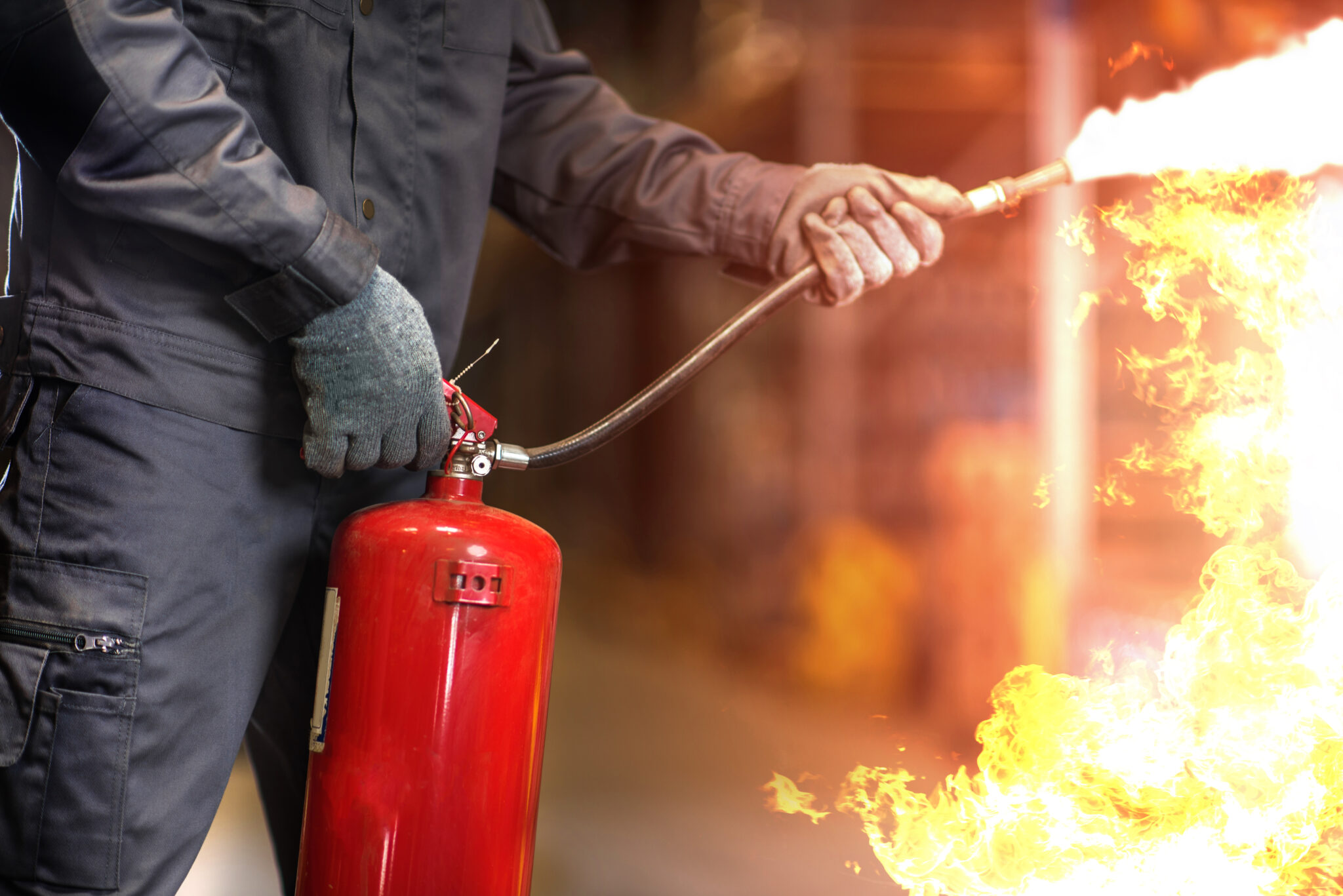

Experiencing a fire at your home or business can be devastating, but having fire insurance can provide crucial financial protection during such emergencies. Understanding how to make a fire insurance claim is essential to ensure a smooth and successful process. Here’s a detailed guide on each step involved in making a fire insurance claim.
The Importance of Making a Timely Claim
Making a fire insurance claim promptly is crucial for several reasons. Firstly, insurance policies often require claims to be reported within a specified timeframe after the incident. Failing to report promptly could result in delays or denial of your claim. Secondly, early reporting allows your insurance company to begin processing your claim sooner, expediting the assessment and settlement process. Additionally, immediate reporting enables you to take steps to prevent additional damage to your property, which is often a requirement of insurance policies. By promptly informing your insurer, you demonstrate diligence and responsibility, which can positively impact the handling and outcome of your claim.
The Consequences of Not Properly Filing a Claim
Failing to properly file a fire insurance claim can have several significant consequences that can impact your financial recovery and overall well-being. Here are the potential repercussions:
Delayed Settlement
Inaccurate or incomplete information can lead to delays in processing your claim. Insurance companies require detailed and accurate documentation to assess the extent of the damage and determine the appropriate compensation. Missing or incorrect information can slow down the review process, leaving you without the necessary funds to begin repairs or replacements.
Reduced Compensation
Providing insufficient documentation or failing to follow the proper procedures can result in a lower settlement amount. Insurance companies may not fully compensate you for your losses if they do not have all the necessary information to substantiate your claim. This can leave you with out-of-pocket expenses that could have been covered by your policy.
Claim Denial
In some cases, improperly filing a claim can lead to outright denial. Insurance policies have specific requirements and deadlines that must be met to qualify for coverage. Failing to adhere to these requirements, such as missing deadlines or not providing required documentation, can result in your claim being denied altogether.
Legal and Financial Implications
Incorrectly filed claims can lead to disputes with your insurance company. In some cases, these disputes may escalate to legal action, which can be time-consuming and costly. Legal fees and prolonged litigation can further strain your financial situation, especially when you are already dealing with the aftermath of a fire.
Increased Stress and Burden
The aftermath of a fire is already a stressful time. Not properly filing a claim adds to this stress by creating uncertainty about your financial recovery. Delays, reduced compensation, or denial of your claim can exacerbate the emotional and financial burden on you and your family, making it harder to move forward and rebuild.
Loss of Trust and Coverage Issues
Failing to properly file a claim can affect your relationship with your insurance company. If your insurer perceives that you did not comply with policy requirements or provided inaccurate information, it may affect their willingness to work with you in the future. Additionally, repeated issues with claims can impact your ability to obtain insurance coverage from other providers.
Impact on Future Claims
How you handle your current claim can influence how future claims are processed. Insurance companies keep records of your claims history, and a poorly handled claim can affect their trust and responsiveness to any future claims you may file. Ensuring you file your current claim correctly sets a positive precedent for future interactions with your insurer.

Our 12-Step Guide to Making a Fire Insurance Claim
Contact Your Insurance Company Immediately
Promptly contacting your insurance company after a fire is crucial. Most insurance policies require immediate reporting of the incident to begin the claims process efficiently. When you contact your insurance company:
- Provide Policy Information: Have your policy number ready when you call to streamline the process.
- Detail the Incident: Describe the date, time, and circumstances of the fire to the best of your knowledge.
- Report the Damage: Inform the insurance company about the extent of the damage to your property and any affected belongings.
Document the Damage
Documenting the damage thoroughly is vital to support your fire insurance claim effectively:
- Take Photos and Videos: Capture clear photos and videos of all damaged areas and items. Ensure to document the destruction caused by the fire from multiple angles.
- Create an Inventory: Make a detailed inventory of all damaged or destroyed items. Include descriptions, approximate age, and original cost if possible. This documentation will help substantiate your claim and ensure that all losses are accounted for.
Prevent Further Damage
Taking immediate steps to prevent further damage can mitigate additional losses and expedite your claims process:
- Secure the Property: Board up windows, cover damaged areas with tarps, or take other temporary measures to protect your property from weather elements and unauthorized access.
- Preserve Evidence: Do not discard damaged items until they have been assessed by your insurance company’s adjuster. Keeping damaged items intact serves as evidence to support your claim.
Review Your Insurance Policy
Understanding the specifics of your fire insurance policy is essential to know what is covered and what is not:
- Coverage Details: Review your policy to understand the extent of coverage for structural damage, personal belongings, temporary living expenses, and other relevant aspects.
- Exclusions and Limitations: Take note of any exclusions or limitations in your policy that may affect your claim. Common exclusions could include intentional acts, certain natural disasters, or specific types of property.
File a Claim Form
Your insurance company will provide a claim form that you need to complete accurately and thoroughly:
- Provide Detailed Information: Fill out the claim form with accurate information about the fire incident, including your contact details, policy number, and a detailed description of the damage incurred.
- Attach Supporting Documents: Include supporting documents such as photos, inventory lists, receipts, and any other relevant evidence that substantiates your claim. Providing comprehensive documentation strengthens your case and facilitates the claims process.
Cooperate with the Insurance Adjuster
An insurance adjuster will be assigned to assess the damage and validate your claim. Here’s what to expect during this process:
- Schedule an Inspection: The insurance company will arrange for an adjuster to visit your property and conduct a thorough assessment of the fire damage.
- Provide Access: Cooperate with the adjuster by granting access to all areas of your property affected by the fire. Answer any questions they have truthfully and provide additional documentation or information as requested.
- Review the Assessment: After the inspection, review the adjuster’s assessment of the damage and discuss their findings. This assessment forms the basis for determining the settlement amount.
Negotiate if Necessary
If you receive a settlement offer that you believe does not adequately cover your losses, you have the right to negotiate:
- Present Additional Evidence: Provide any additional evidence or documentation that supports your claim for a higher settlement amount. This could include repair estimates, appraisals, or expert opinions.
- Discuss Terms: Engage in discussions with your insurance company to clarify how the settlement amount was calculated and explore options for reaching a fair agreement.
Review and Sign Settlement
Once you and your insurance company agree on a settlement amount, you will receive a settlement agreement:
- Review Terms Carefully: Carefully review the terms of the settlement agreement to ensure you understand all conditions, deductions, or limitations that apply.
- Sign the Agreement: Sign the settlement agreement if you agree with the terms outlined. Signing the agreement finalizes the settlement and commits both parties to its terms.
Receive Payment
Upon finalizing the settlement agreement, your insurance company will issue payment for your claim:
- Payment Process: Discuss the payment method with your insurance company, whether it’s via bank transfer, cheque, or another agreed-upon method.
- Confirm Receipt: Upon receiving the settlement payment, confirm that it matches the agreed-upon amount and promptly deposit or allocate funds as needed.
Keep Records
Maintaining organized records throughout the claims process ensures transparency and facilitates future reference:
- Store Documentation Safely: Keep copies of all correspondence, claim forms, photos, receipts, and settlement agreements in a secure location.
- Follow Up as Needed: If you have any questions or concerns, follow up with your insurance company for clarification or additional support.
Understanding Depreciation and Replacement Costs
When filing a fire insurance claim, it’s essential to understand how depreciation and replacement costs affect your settlement:
- Depreciation: Insurance policies often factor in depreciation, which reduces the value of items based on their age and condition before the fire. Understand how depreciation will impact the compensation you receive for damaged items.
- Replacement Costs: Some policies offer replacement cost coverage, which reimburses you for the full cost of replacing damaged items with new equivalents. Review your policy to determine if you have replacement cost coverage and how it applies to your claim.
Dealing with Additional Living Expenses (ALE)
If your home is uninhabitable due to fire damage, your insurance policy may cover Additional Living Expenses (ALE):
- Coverage Details: ALE covers expenses for temporary housing, food, and other necessities while your home is being repaired or rebuilt. Keep receipts and documentation of these expenses to include with your claim.
- Policy Limitations: Understand any limitations on ALE coverage, such as maximum amounts or time periods. Discuss these details with your insurance adjuster to ensure you receive appropriate reimbursement for eligible expenses.
Navigating the process of making a fire insurance claim can be complex, but with thorough preparation and understanding of your policy, you can effectively recover from fire damage. By following the steps outlined in this guide and being proactive in documenting your losses, communicating with your insurance company, and negotiating if needed, you can ensure a fair and expedient settlement. Remember, your insurance policy is designed to protect you in times of crisis, so don’t hesitate to seek guidance and advocate for your rights as a policyholder throughout the claims process.
Insurance.co.za Content Team
We’re a specialist team of insurance and finance copywriters and content producers. The Insurance.co.za Content Team is a flexible and dynamic team. Hence we publish our content under the Insurance.co.za brand name rather than our personal names.
Other posts




